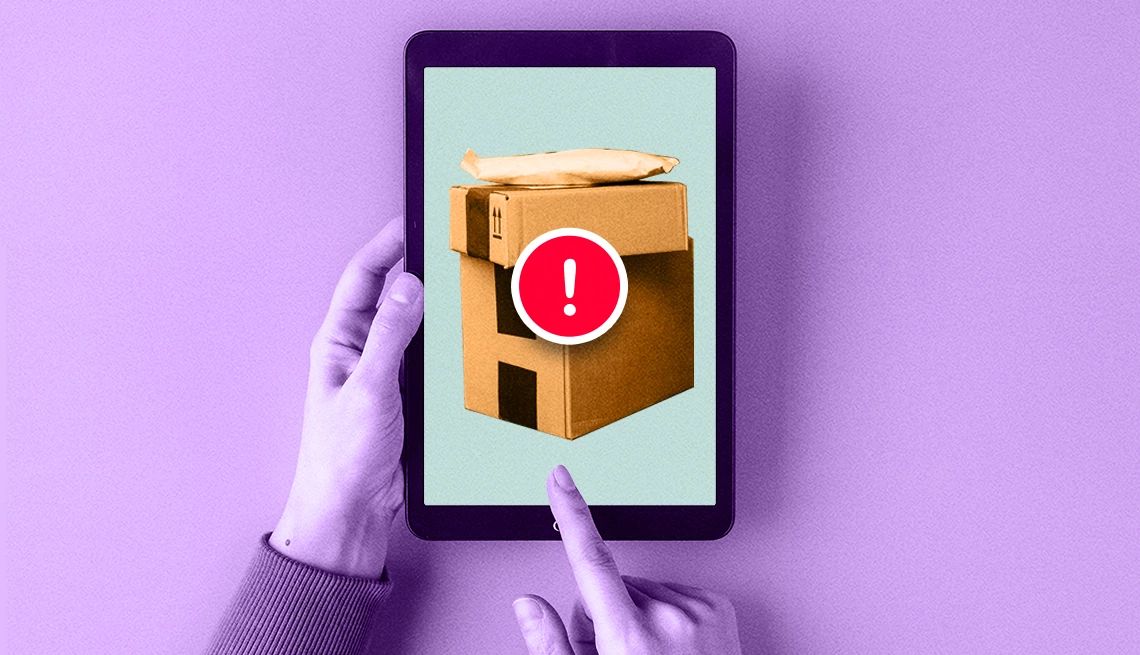AARP Hearing Center


The Better Business Bureau (BBB) is receiving an influx of reports regarding tariff-related scams. Among them: Some unscrupulous sellers fail to send products to customers, then cite tariffs for delays, claiming that shipments are stuck in customs. Others have charged buyers with a belated “tariff fee” after a purchase was supposedly final.
In a complaint filed with the BBB, one consumer wrote, “After two months of not receiving my product, I have emailed [the] company multiple times and each time the reply is my package is stuck in customs due to ... tariffs.” The “apparently fake company” then stopped communicating altogether.
Another consumer reported a similar problem. The order from a likely fraudulent site never arrived, and the email response — which was littered with grammatical errors — blamed tariffs for the delay.
“You get scammers on platforms like eBay: You buy something, you don’t get the merchandise, and when you contact them, they say, ‘Oh, there are tariffs — you’ve got to pay more,’ ” says Frank McKenna, chief fraud strategist with Point Predictive in San Diego, California. “So then you pay more, and they disappear. They get two payments instead of one when they never intended to send anything in the first place.”
Some scammers are also offering fake “tariff-relief” benefits, according to the financial information company ConsumerAffairs.com. The tariff-relief offers — which may arrive via emails, texts or social media — are phishing attempts, using promises of gift cards or digital payments to direct victims to sites created to steal their personal and financial information.
Confusion about tariffs
Many people don’t understand how tariffs work — and scammers exploit that confusion to commit their crimes.




































































More From AARP
Great Ways to Skirt Hidden Fees
Tips to spot and sidestep surprise charges
Scammers Use Social Security COLA as New Hook
Government impostors are incorporating benefit boost into schemes, fraud watchers warn
How to Spot Online Shopping Scams
Fake shopping websites with big discounts are just one red flag